Child sex abuse inquiry: First public hearings finally begin
Professor Alexis Jay will hear evidence on child migrants sent to Australia and abused last century
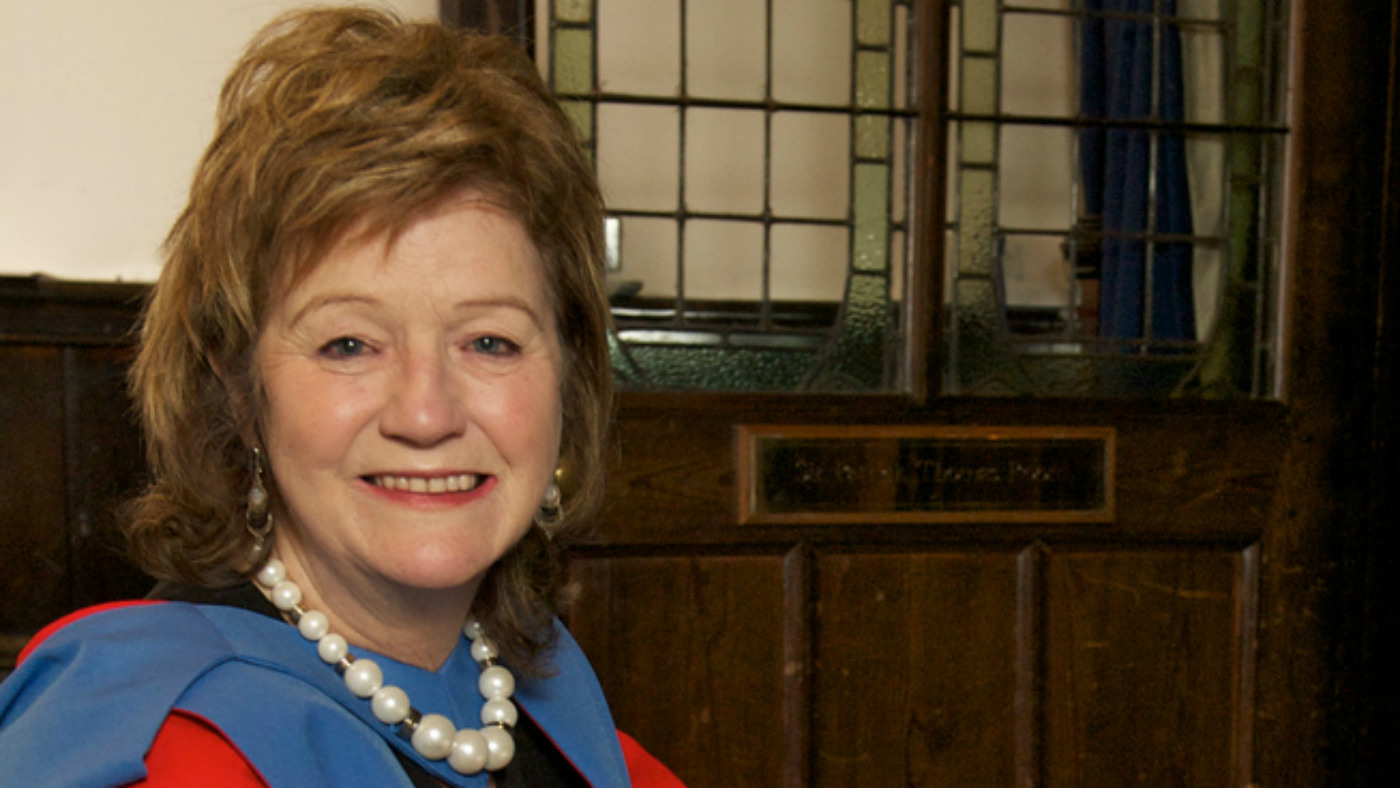
A free daily email with the biggest news stories of the day – and the best features from TheWeek.com
You are now subscribed
Your newsletter sign-up was successful
Review fails to find 'explosive' dossier of alleged paedophiles
07 November
A review led by NSPCC chief Peter Wanless has failed to locate a 40-page dossier from the 1980s that accused several public figures of paedophilia.
Wanless was commissioned by Home Secretary Theresa May in July to review an internal Home Office inquiry into its handling of child sex abuse claims in the 1980s.
The Week
Escape your echo chamber. Get the facts behind the news, plus analysis from multiple perspectives.

Sign up for The Week's Free Newsletters
From our morning news briefing to a weekly Good News Newsletter, get the best of The Week delivered directly to your inbox.
From our morning news briefing to a weekly Good News Newsletter, get the best of The Week delivered directly to your inbox.
The internal inquiry found that the Home Office had "lost or destroyed" 114 files and found no evidence of a dossier of suspected child abusers compiled by Conservative MP Geoffrey Dickens in the 1980s.
Dickens, who died in 1995, had told his family the details were "explosive". He is said to have handed the file to the then Home Secretary Leon Brittan in 1983, but it later disappeared.
A source close to the Wanless review, due to be published next week, told BBC Newsnight that the documents from the dossier have still not been found. "They have looked inside and behind every single cupboard in the department, and they have been round them twice, and they have not been able to find any of them," said the source.
Former child protection manager Peter McKelvie said that even without the file there are enough officials still around who would be aware of its contents. "The information is out there and anyone who tries to deny that is misleading people," he said.
A free daily email with the biggest news stories of the day – and the best features from TheWeek.com
The Independent says the file is rumoured to be in the Barbara Castle archives within the University of Oxford’s Bodleian Library.
Castle, a Labour MP from 1945 to 1979, is said to have drawn up a similar dossier of her own in the 1980s. Don Hale, the editor of Castle’s local newspaper, the Bury Messenger, says she handed it to him in 1984 but a "heavy mob" of Special Branch officers raided his office and took away the file, threatening him with prison if he resisted.
Meanwhile, the Home Secretary has apologised for the delays to the government’s overarching inquiry into historical sex abuse. She has vowed to get the next chairman appointment right, after Fiona Woolf finally stood down over her links to Lord Brittan.
How did the claims emerge?
In October 2012, Labour MP Tom Watson claimed in the House of Commons that there is "clear intelligence suggesting a powerful paedophile network linked to Parliament and No 10". Scotland Yard subsequently began examining allegations surrounding Elm Guest House in Barnes, southwest London, where it was claimed prominent men, including politicians, abused boys in the 1970s and 1980s.
Why is the story back in the news?
In July this year, Labour MP Simon Danczuk told MPs on the Home Affairs Committee that a 40-page dossier accusing eight public figures of being paedophiles had disappeared. The dossier was handed to the then Home Secretary Leon Brittan in 1983 by Conservative MP Geoffrey Dickens, who died in 1995. David Cameron asked Mark Sedwill, Home Office permanent secretary, to investigate the claims. Days later, Sedwill revealed that an investigation had already taken place last year within the Home Office and found that 114 files relating to historic allegations of child sex abuse, from between 1979 and 1999, had disappeared from the department.
What was in the missing documents?
The file compiled by Dickens named eight leading figures from public life, including senior politicians, who were said to be paedophiles "operating and networking within and around" the Westminster elite, reports The Sunday Times. It was believed to have named Sir Cyril Smith, the late Rochdale MP, Jimmy Savile and Sir Peter Morrison, Margaret Thatcher's former parliamentary private secretary. Police have reportedly compiled a list of more than ten politicians, including past and present MPs or peers from the three main parties. One former child protection manager, Peter McKelvie, believes there were "upwards of 20" top figures involved, with a "much larger number of people who have known about it and done nothing about it".
Was there a cover-up?
Lord Tebbit, a colleague of Brittan's in Thatcher's Cabinet, has admitted there "may well have been" a big political cover-up at the time. He told the BBC's Andrew Marr Show the instinct of people at the time was to protect "the system" and not to delve too deeply into uncomfortable allegations. Since Danczuk made the fresh allegations in July, dozens of new informants have apparently come forward. One former detective told the MP he had been forced to sign a gagging order about his role investigating alleged paedophiles in the government, and was frightened of the legal consequences of speaking out.
What did the 2013 Home Office review find?
Last year's review found 13 previously undisclosed "items of information about child abuse", four of which implicated Home Office officials. However, it found "no record of specific allegations... of child sex abuse by prominent public figures". It said that the "credible" elements of the Dickens dossier that had "realistic potential" for further investigation were sent to police and prosecutors, while other elements were either not retained, or were destroyed. The review found that Brittan had acted appropriately in dealing with allegations.
What has Lord Brittan said?
Lord Brittan issued a statement in which he confirmed that he had received a "substantial bundle of papers" from Dickens and had asked officials to report back to him if "action needed to be taken". He said he "did not recall" being "contacted further about these matters". A week after this initially statement, it emerged that Lord Brittan had been questioned by the police in June over an alleged sexual offence in London in 1967. He released another statement through his solicitors strenuously denying the allegation and describing it as "wholly without foundation".
What happened next?
The Home Office appointed Peter Wanless, the chief executive of the NSPCC, to ensure that the conclusions of its internal investigation "remain sound" and "valid". Wanless was also asked to look at how the police and prosecutors handled any related information that was handed to them. The Home Office also announced a much wider independent inquiry to consider whether public bodies and other non-state institutions had "taken seriously their duty of care to protect children from sexual abuse". Baroness Butler Sloss was appointed to lead the inquiry, but she was forced to resign before proceedings had got underway after it emerged that her brother, Michael Havers, was attorney general at the time some of the alleged abuse took place in the 1980s. Fiona Woolf, the Lord Mayor of London and former president of the Law Society, was also appointed and resigned after her links with Lord Brittan emerged.
Child abuse inquiry: Woolf urged to quit over letter fiasco
31 October
Fiona Woolf is under renewed pressure to resign as head of the government's child sex abuse inquiry after it emerged that the Home Office helped play down her links with the Tory politician at the centre of the scandal.
Woolf had already been urged to stand down after she revealed that she had attended dinner parties with Lord Brittan, the former 1980s home secretary. He was allegedly handed a file in 1983 accusing eight public figures of paedophilia, but the file later went missing.Yesterday it emerged that a letter sent from Woolf to Home Secretary Theresa May, in which Woolf detailed her personal connections with Lord Brittan and his wife, had been re-written seven times, with help from Home Office officials, to play down the relationship.Woolf revealed the extent of the edits in a letter to the Home Affairs Committee. Chairman of the committee Keith Vaz said it was "extraordinary that she did not even write the first draft of her letter, which was supposed to detail her own experiences".Simon Danczuk, a Labour backbencher who raised the issue of the missing 1983 file earlier this year, told the Daily Telegraph that the rewritten letter made Woolf's position "untenable".Victims' groups are expected to tell inquiry officials that Woolf should step down at a meeting taking place later today. One victims' representative told the [3]BBC he had "zero confidence" in the inquiry as it stands.A Home Office spokesman said Woolf's letter to the Home Affairs Committee showed her "commitment to openness and transparency" and that the department "remain confident" that she can carry out her duties to "the highest standards of impartiality and integrity".Earlier this week, Labour MP Jim Hood was accused of misusing parliamentary privilege, which protects Commons comments from libel action, after he claimed Lord Brittan had been accused of "improper conduct with children".Lord Brittan insisted the claim was "totally inappropriate" and "completely without foundation".
A 2013 internal Home Office review found Brittan had acted appropriately in dealing with the allegations made in 1983.
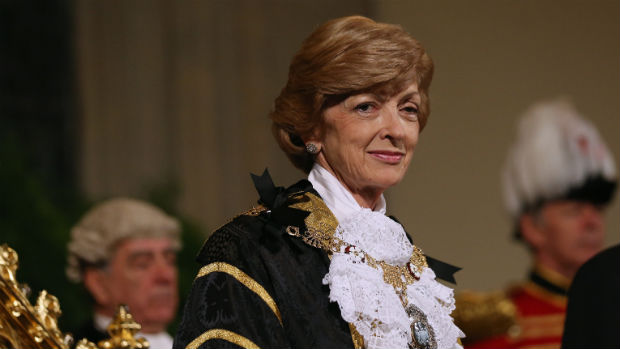
Child abuse inquiry: Fiona Woolf under pressure to resign
22 October
Fiona Woolf, the head of the official inquiry into historic sex abuse, is under pressure to resign after revealing that she attended dinner parties with Lord Brittan, the former 1980s home secretary at the centre of the scandal.
Lord Brittan was reportedly handed a 40-page dossier in 1983 accusing eight public figures of paedophilia. However, the dossier subsequently disappeared.
Woolf, the Lord Mayor of London and former president of the Law Society, has published a letter to Home Secretary Theresa May, detailing her personal connections with Lord Brittan and his wife.
She said she had lived in the same road as them since 2004 and had entertained them three times at dinner parties at her house and had twice gone to his home for dinner.
Woolf also met Lady Brittan for coffee several times, sat on a prize-giving panel with her and sponsored her for a charity run, reports The Guardian.
However, she insisted she did not have a "close association" with the peer.
Woolf's personal connections have come under "intense scrutiny" because of what some commentators have alleged is an "establishment cover up", says the Daily Telegraph.
Simon Danczuk, a Labour backbencher who raised the issue of the missing dossier earlier this year, said Woolf should stand down.
"I have serious concerns about the relationship between Fiona Woolf and Leon Brittan," he said. "I don't buy into this idea that the Home Office could not find someone who was not connected to Leon Brittan."
It comes just three months after the first person appointed to head the inquiry, Baroness Butler Sloss, was forced to resign because of her brother Michael Havers' role as attorney general in the 1980s.
A 2013 internal Home Office review found that the "credible" elements of the dossier had been sent to police and prosecutors, while other elements were either not retained or were destroyed. The review found that Brittan had acted appropriately in dealing with the allegations.
Westminster paedophile ring claims: '20 top figures involved'
8 July
At least 20 prominent figures are believed to be among a "powerful elite" of paedophiles who abused children for "decades", according to a former child protection manager.
Police were said to be investigating more than ten current and former politicians over alleged child abuse, but Peter McKelvie told BBC Newsnight: "I would say we are looking at upwards of 20 and a much larger number of people who have known about it and done nothing about it."
McKelvie, whose allegations led to the 2012 police inquiry, said he had spoken to many male victims who had been subjected to the "worst form of abuse", including rape, when they were children.
His comments came just hours after Home Secretary Theresa May announced a wide-ranging inquiry into historical sex abuse claims. Parliament, the police, schools, churches and the BBC will be among those subjected to the investigation, which will have the same legal status as the Hillsborough inquiry and will not report until after next year's general election.
Several MPs have complained that the inquiry will not be led by a judge with the power to summon witnesses and seize papers. Conservative MP Mark Reckless told the Daily Mirror he would therefore be surprised if suspected paedophiles facing criminal prosecutions would co-operate without a judge at its helm.
According to The Guardian, the inquiry will be able to examine files from the security services and the Tory whips' office, which is rumoured to have suppressed allegations of child abuse in the 1970s.
Labour MPs pointed to footage from a 1995 BBC documentary in which Tim Fortescue, a senior whip in Sir Edward Heath's government from 1970-73, boasted he could cover up a scandal "involving small boys".
Meanwhile, Peter Wanless, the chief executive of the NSPCC, will also carry out a smaller inquiry into whether there was a cover-up of abuses within the Home Office. He will examine an internal review carried out last year into the department's files relating to organised child sex abuse from 1979 to 1999.
He will also study another Home Office investigation, released last night, which concluded that the department gave six-figure grants to two organisations linked to the Paedophile Information Exchange.
-
 ‘Restaurateurs have become millionaires’
‘Restaurateurs have become millionaires’Instant Opinion Opinion, comment and editorials of the day
-
 Earth is rapidly approaching a ‘hothouse’ trajectory of warming
Earth is rapidly approaching a ‘hothouse’ trajectory of warmingThe explainer It may become impossible to fix
-
 Health insurance: Premiums soar as ACA subsidies end
Health insurance: Premiums soar as ACA subsidies endFeature 1.4 million people have dropped coverage
-
 How the ‘British FBI’ will work
How the ‘British FBI’ will workThe Explainer New National Police Service to focus on fighting terrorism, fraud and organised crime, freeing up local forces to tackle everyday offences
-
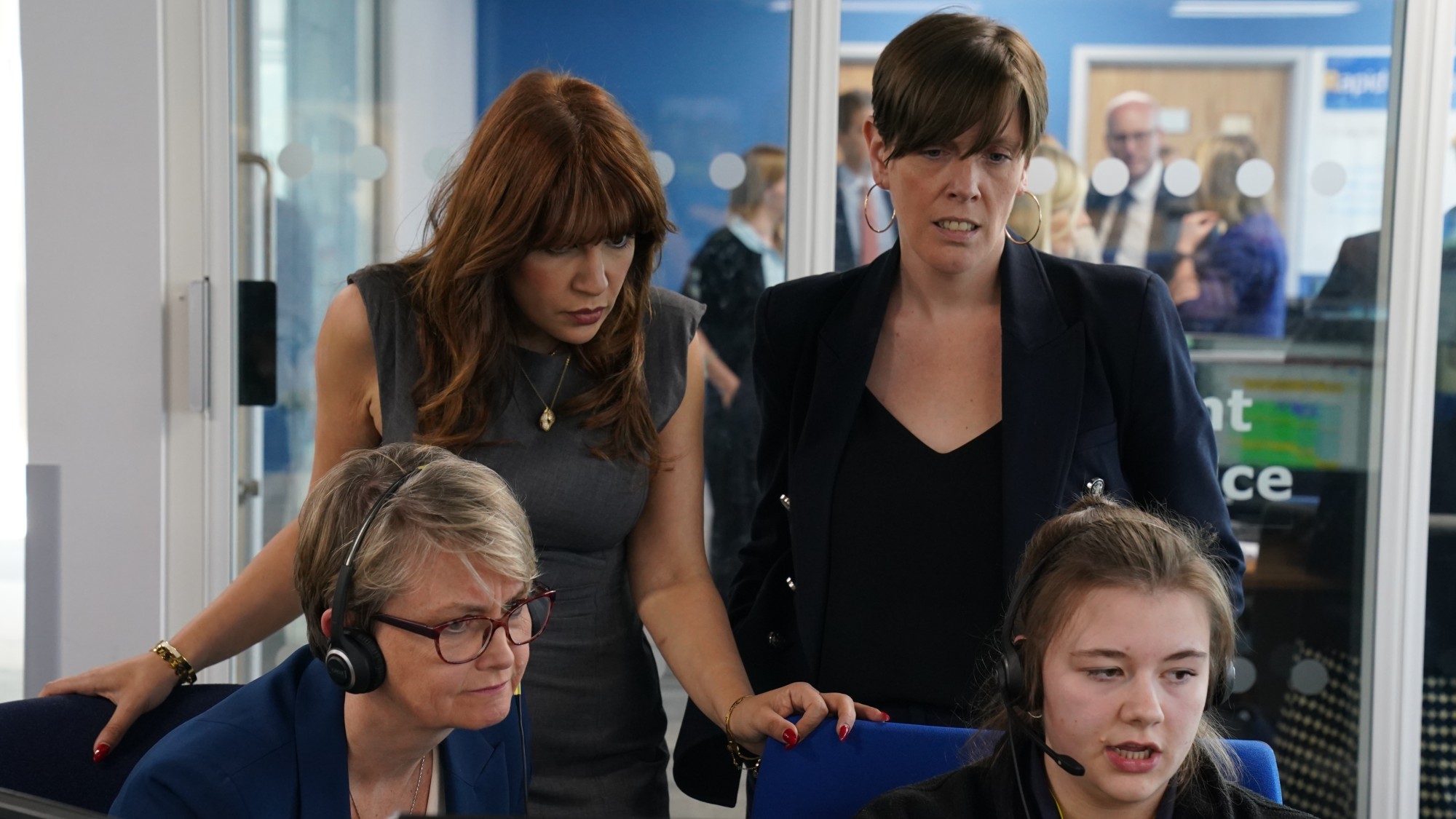 Dash: the UK's 'flawed' domestic violence tool
Dash: the UK's 'flawed' domestic violence toolThe Explainer Risk-assessment checklist relied on by police and social services deemed unfit for frontline use
-
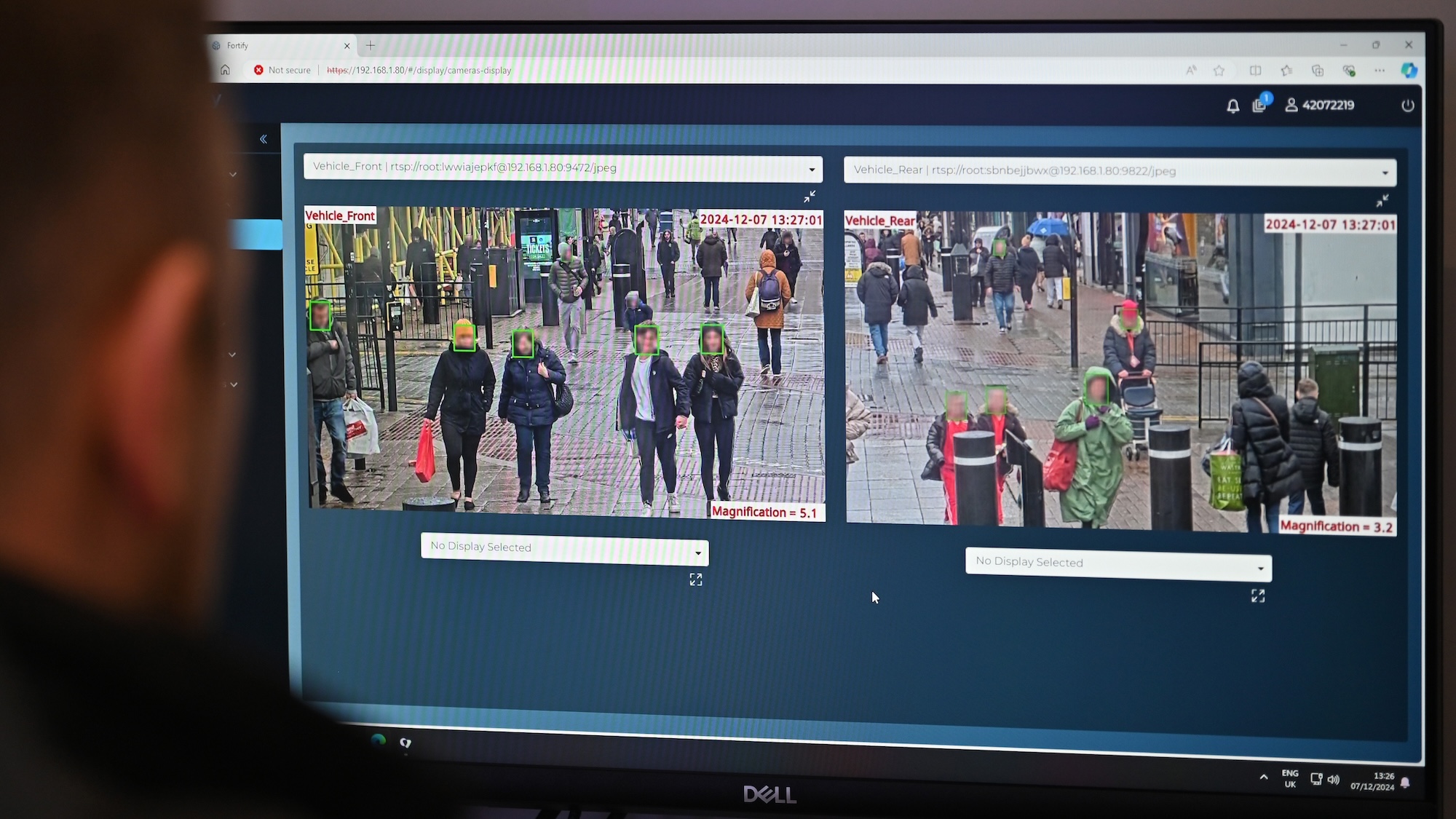 The ethics behind facial recognition vans and policing
The ethics behind facial recognition vans and policingThe Explainer The government is rolling out more live facial recognition technology across England
-
 What to do if your phone is stolen
What to do if your phone is stolenThe Explainer An average of 180 phones is stolen every day in London, the 'phone-snatching capital of Europe'
-
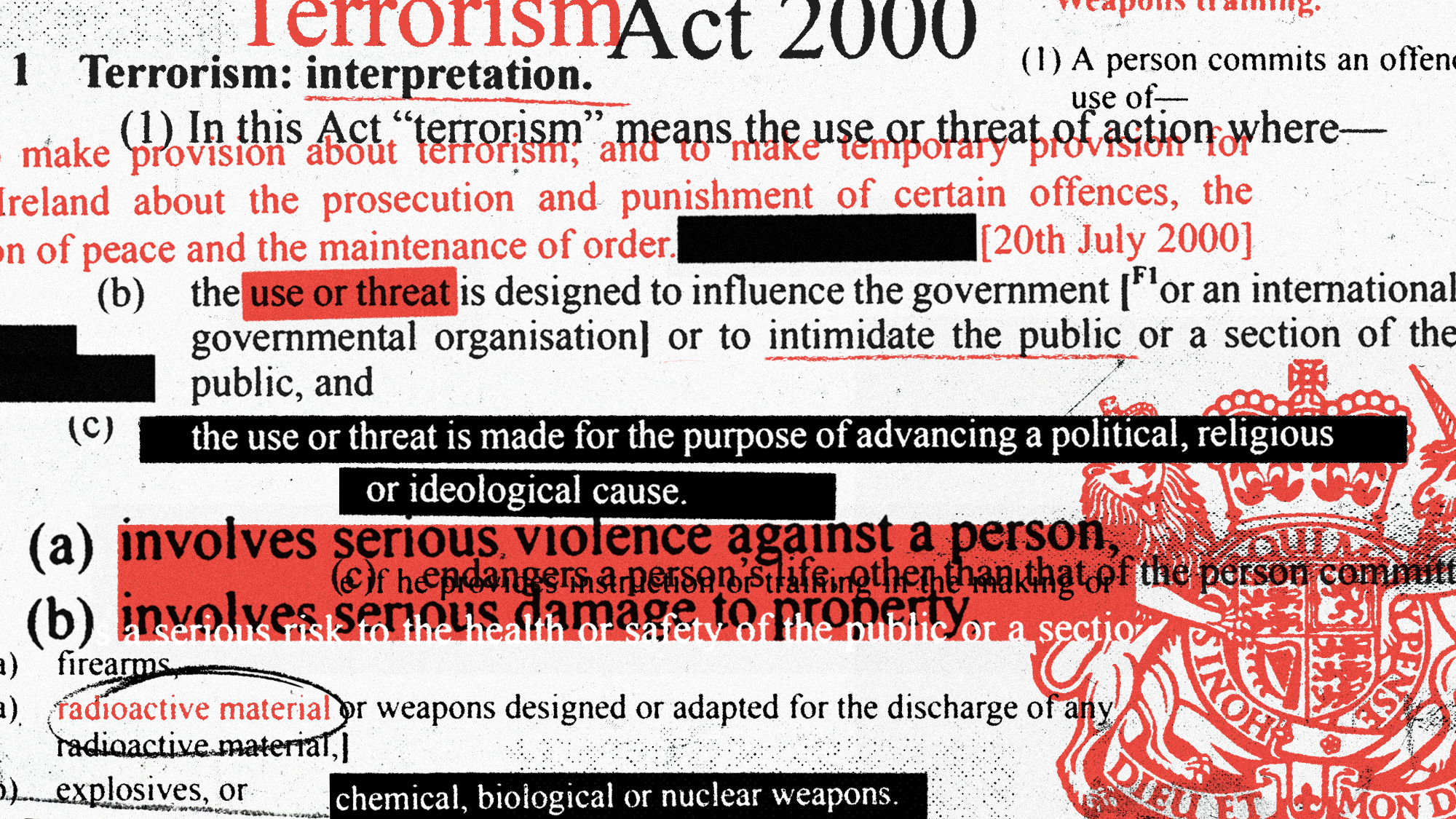 How should we define extremism and terrorism?
How should we define extremism and terrorism?Today's Big Question The government has faced calls to expand the definition of terrorism in the wake of Southport murders
-
 Matthew Trickett: man charged with spying for Hong Kong found dead
Matthew Trickett: man charged with spying for Hong Kong found deadSpeed Read Immigration Enforcement officer was accused of gathering information on dissidents in the UK
-
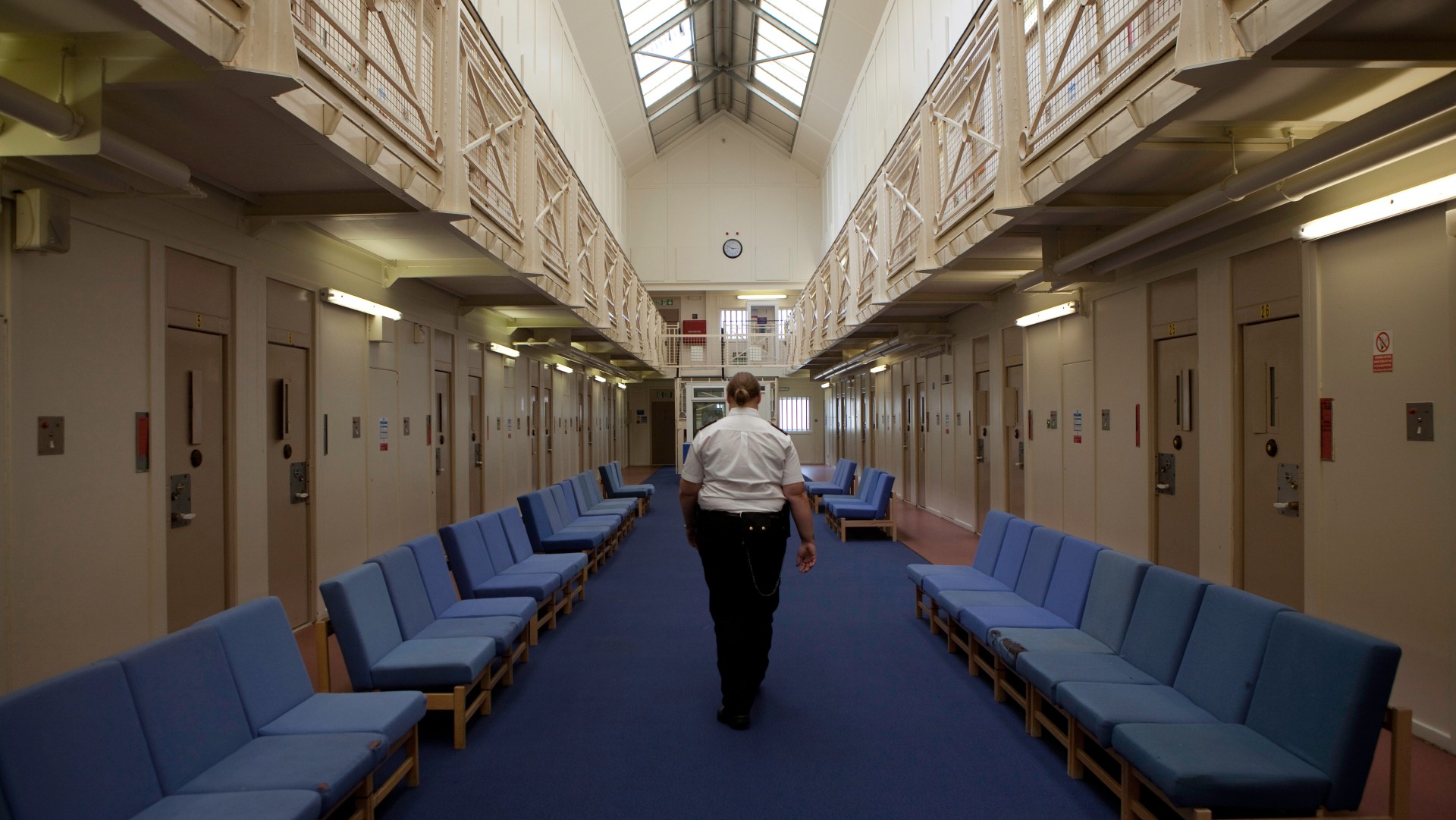 What is going on in women’s prisons?
What is going on in women’s prisons?feature Inmate numbers and self-harm cases are rising despite government pledge to improve conditions
-
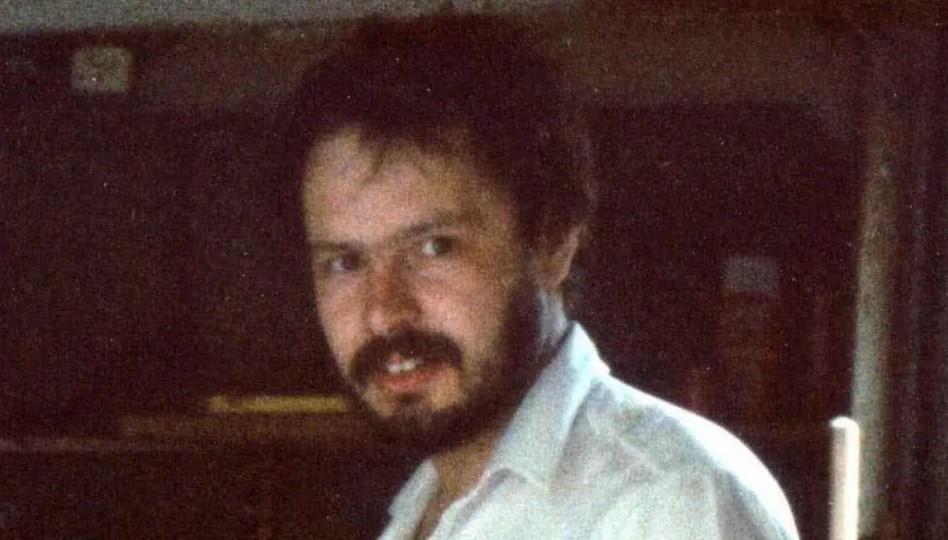 Daniel Morgan murder: Met apologises for ‘corruption’ in unsolved case
Daniel Morgan murder: Met apologises for ‘corruption’ in unsolved caseUnder the Radar Force admits liability and agrees ‘unprecedented’ £2m settlement with victim’s family